What literary pilgrimages have you gone on? I was hooked on Italian Renaissance studies, but it was Benvenuto Cellini’s The Autobiography of Benvenuto Cellini, an intimate yet exuberant portrait of his life and his interactions with his artist contemporaries, that propelled me to visit Florence and Rome on my first grand tour of Europe. And seeing Keats’ and Shelley’s graves in the Protestant Cemetery in Rome was a bonus. What is the first book that made you cry? Watership Down What is your writing Kryptonite? Excessive editing. However, I have an excuse. I have had so many stops and starts in writing my books, that each time I went back to writing, I had to reread the work from the start each time to put me back into the thick of the story, and editing on each read was impossible to avoid. Do you want each book to stand on its own, or are you trying to build a body of work with connections between each book? I have a two-part series, but each book stands alone. I feel like I have resolved the characters’ journeys (although I left the second book open ended enough, just in case – one can’t help oneself). But my new works will be quite different and not related to Theft By Chocolate and Theft Between the Rains or their characters, but still have a mystery aspect to them. How did publishing your first book change your process of writing? Before I wrote Theft By Chocolate, I took a course on how to write your first novel, so I was required to write back stories for characters and develop a full outline as well as chapter outlines. I then wrote the first draft in a creative writing program where my mentor was editing and critiquing my work as I wrote it. With the sequel, Theft Between the Rains, I already knew most of my characters very well. But I decided to develop the plot as I went along and I felt it allowed much more creativity in terms of the plot line and I was much more open to new inspirations and ideas. As a writer, what would you choose as your mascot/avatar/spirit animal? A griffin, because of its strength, powers of sight, and being emblematic of poetic and spiritual inspiration. It would be a win-win to have this half-lion, half-eagle mythic creature in my corner. What did you edit out of your books? (keep it family-friendly, please). There was a lot of self-indulgent scenes drawn from my own life that added nothing to plot or character development. What one thing would you give up to become a better writer? I wouldn’t sell my soul to be anything other than my authentic self. I surrendered to the notion that I would never write the next great Canadian novel and I am more than satisfied that only I can tell the stories that I tell in the way that I do. And that’s the best any writer can do. What is your favorite childhood book? I had the most fabulous book of fairy tales and it is long lost. I have no idea what it was called, if it was one writer or a collection of writers. I can’t even remember how I got it or who may have given it to me. They were very different fairy tale stories, complex and intricate and I will always cherish the memory of reading them. What is the most difficult part of your writing process? Writing in times when coping with personal challenges. What is the easiest part of your writing process? Apparently, nothing, as I pondered this question for some time without coming up with an answer. But just because the process might be challenging does not mean it’s not enjoyable or satisfying or the most wonderful thing in the world. A common misconception entwined with authors is that they are socially inept, how true is that? I’m an introvert and shy, but because of my writer’s inquisitiveness, I am able to keep a conversation going better and longer than most – I do find it draining though, because I’m an introvert and shy! When did it dawn on you that you wanted to be an author? When I read Sophie Kinsella’s Confessions of a Shopaholic, it dawned on me that I could write a light-hearted and entertaining book that people might enjoy. Who are your biggest literary influences? In terms of tone, Sophie Kinsella and Helen Fielding. But I feel like I draw on everything to which I am exposed, especially film. What’s your favorite movie which was based on a book? Why? Dr. Zhivago – David Lean created a masterpiece of a film out of a masterpiece of Boris Pasternak’s book and I think it is one of the most epic love stories ever written (and set in a fascinating historical time) and brought to the screen. Honorable mention goes to Romeo and Juliet, the 1968 version by Franco Zeffirelli. How did it feel when your first book got published? How did you celebrate? It was exhilarating and incredibly challenging at the same time. Tragically, my father passed the week it was published and I had to soldier on promoting the book while in a state of grief. My father never got to read it, hear me read it, or see the dedication I wrote to him and my mother. I just have to trust that he sees, from another plane, my life and stories unfolding. What is that one thing you think readers generally don’t know about authors? The most important characteristics for a writer are determination and persistence. There are so many talented writers, but those who see their work find the light of day are those who don’t give up. I would also add that, although earning an income from writing is a bonus and a gift, if you put pen to paper only with the intention of a financial payoff, it might not be the right profession for you. There’s a reason why writers are called creators and not entrepreneurs. When it comes to research for your books, are you a hunter or a gatherer? Talk about your research process. I’m a hunter-gatherer. There are times when things fall into my lap (or should I say head) and other times when I specifically hunt for information. I use the Internet extensively to flesh out storylines, but ideas can be inspired by the most unexpected things, and sometimes by very mundane occurrences. Could you be housemates with your characters? Why or why not? A definite no. I have lived on my own for decades and I would have it no other way. They’ll have to stay in my head. What’s your typical writing routine or schedule? I can honestly say I do not have a routine. Maybe that’s why there was 8 years in between my two books! But I used to be hard on myself because my writing was not structured into my life, that is until I heard a writer, sorry can’t remember who it was, who said something to the effect that life interrupting a writer’s path is part of what informs that writer’s work. I have an intrinsic conviction that a book is written exactly when it needs to be written and I’ve stopped beating myself up for not being structured with my creative process. Writing can be an emotionally draining and stressful pursuit. How do you recharge? When there isn’t a global pandemic, world travel has always been an important recharger and I particularly love going to yoga retreats in exotic locations like Iceland and Costa Rica. But, on a regular basis, global crisis or not, I practice yoga many times a week and meditate. Also enjoying other art forms like film, theatre, and music feed both my body and soul. Do you prefer music or silence when you write? Do you have a writing playlist? What’s on it? This doesn’t make any sense on any level, but I find music too distracting, but not TV. For some reason I can tune out TV more than music, but still benefit from a kind of white noise from the television. But, I definitely spend a lot of time writing in silence. Which celebrity would you choose to narrate your audiobook? Cate Blanchett or Emma Thompson. Need I say more? What well-known author, living or dead, do you wish could be your mentor? Why? I couldn’t have asked for a better mentor than my actual mentor, Canadian writer Kim Moritsugu. She was my mentor when I did my creative writing program at Toronto’s Humber School of Writers. Her advice has always been spot-on, and she has always gone beyond the call of duty and expiration date to mentor me. She’s played such an important role in my development as a writer and she continues to support me. What is your favorite of the six senses (touch, taste, smell, sound, sight, intuition) to write about, why? Well, chocolate has been a significant motif in my two books, so I would have to say taste. There’s something very pleasurable about describing the way something tastes and I think I’ve done a reasonable job of it, because I am often told by my readers that they find it impossible to read my books without reaching for some chocolate. What is a favorite location you’ve written about? Have you visited that place? How did you choose which details to include? I can’t pick just one. In Theft Between the Rains I wrote about two little-known places in Toronto that are both extraordinary in their own way. The first is an art deco edifice in Toronto, the R.C. Harris Water Treatment Plant. And the second is a ghost subway station in the city. By that I mean a subway platform that was built, but closed down shortly afterwards and these days is only used for film shoots. I had the privilege of visiting both locations during an annual event in Toronto called Doors Open Toronto, where spaces like this, normally closed to the public, are made accessible for one or two days a year. As far as the elements I decided to include in my scenes, I focused on what made these spaces unique and also on specifics that were in some way relevant to or progressed the plot. Travel back in time (without negative effects for you or the timeline) what year do you visit? Why? As a former student of the Italian Renaissance, it would have to be 1500 Italy, which is a pivotal year in the High Renaissance and when some of the most creative and artistic minds were alive. It was a time when art and science were not divided as they are in our age. It was a perfect marriage that should never have been dissolved, in my humble opinion. What is something about your hero or villain that drove their character, but you didn’t specifically tell your reader? I didn’t spell it out, but I hope it becomes evident to readers that my protagonist, though flighty and capricious, is far more capable than she ever gave herself credit for and all she was lacking was some confidence (which she does develop). Have you ever resuscitated a project you'd shelved? What helped it work better the second time around? I haven’t done so to date, but I am on the verge of doing so as I resurrect an old screenplay I wrote some time ago…and I can’t wait. Screenplays are more impressionistic than novels and I am excited to flesh out and add details to the plot, settings and characters in this paranormal love story. What do the words “literary success” mean to you? How do you picture it? My idea of literary success is leaving a body of work in which you see a progression of your art and craft and which, in some way make an impact, no matter how small, on the heart and soul of readers and, in the best-case scenario, on the planet in terms of raising awareness and consciousness. Is that too ambitious? Can you tell us about your current projects? I’m currently focusing on marketing my newest book, Theft Between the Rains, but soon hope to get to that paranormal love story as well as to a tale of a woman experiencing illness, loss, and searching for her dharma and spiritual connection. I’m going to try to work on both books concurrently as the one work, in particular, will be cathartic. Any advice you would like to give to aspiring authors? Write because that’s what your soul dictates, develop a thick skin, and don’t give up. Every story deserves a reader. And most importantly, don’t worry about the number of readers you might get. Writing is an expressive art form, plain and simple. Please provide links and/or instructions about how readers can purchase signed copies of your books. Links for purchasing my books can be found on the home page of my web site: https://lubalesychyn.com/
0 Comments
What literary pilgrimages have you gone on? Funny, I have not on purpose. I do find many places I go end up being part of such a fun adventure. From where Dillinger was shot (Bloodletters and Badmen) to dozens of war museums that spark my interest on so many items I have read. While in India I stopped in several places that meant something from one book or another as well as Germany, France, Spain, Italy and so on. No matter where you go there is a spark that can remind you of a book or two, and a spark that will be used in a new book someday. What is the first book that made you cry? There are numerous. I believe as a writer you either feel less and are critical of the feelings or feel more. I am the latter and feel deeply, but can turn it off at a whim. I remember crying at numerous books growing up that make no sense now, but at about seven years old I read 20,000 Leagues Under the Sea and cried because Nemo and the incredible ship were lost. I had felt he was misunderstood and it was unfair how he was portrayed. What is your writing Kryptonite? I like rereading but I have difficulties catching my own errors. The pace I write at and the pace my books set for reading has proven difficult for numerous editors as well always letting a few slip by. Do you want each book to stand on its own, or are you trying to build a body of work with connections between each book? The answer to this question is Yes. Each of my books offer enough substance to stand alone, but each of the books is part of a series of events tied to Jonathon Michael Masterson (In The Masterson Files) or Adam Derbent (In The Eternal Forever that is in development). I have twelve books lightly plotted for each series. My goal is to allow readers to have a connection with a book but see beyond the single story. An example is I sell many Deadly Daughters because they are set in Michigan, but it leads to additional sales of the series as the characters can call to people. How did publishing your first book change your process of writing? I published my first book because several friends loved it so much, they said I should. I sent a few letters and did not hear back so I self-published and it allowed me to use previous skills in other areas to grow and learn. Since I love learning so much it changed the way I approached the process. As a writer, what would you choose as your mascot/avatar/spirit animal? This is an interesting question. Being a Chinese Zodiac Tiger one would think I should go there, but there are many animals that call to me. I am surrounded by Eagles and Orca at home as I once read the eagle is one of if not the only bird that flies above the clouds to avoid the rain. That spoke to me. The Oroca on the other hand is the Apex predator of the oceans. (Yes, they kill sharks too) and they have my respect. I think I will go with Orca. What did you edit out of your books? (keep it family-friendly, please) Very little. I am not a huge fan of sex in books though I have written Erotica. I am not a huge fan of bad language though my books use language as it would be used in real life. I have dropped some scenes that were too violent. If you read my books you will find it hard to believe. What one thing would you give up to become a better writer? I am not sure I understand the question. (Yes, I am being cute). There are numerous items I would set aside to write but I feel “giving something up” restricts imagination. I am not a fan of that. What is your favorite childhood book? Danny and the Dinosaur was my favorite early book. I read a lot of weird things though as I grew up and the books changed almost weekly. I read the encyclopedias often (Britannica and World Book) and had memorized a significant number of books on trigonometry and calculus by the time I was twelve. I still remember a lot of it but I don’t use it as much as I thought I would then. What is the most difficult part of your writing process? Staying on point. I should be writing now and instead I am answering these questions. I am far worse than a squirrel and always looking for a challenge. As such I change gears a great deal. What is the easiest part of your writing process? The story is the easiest part. I have a pretty clear idea of where I want to go and it flows. I wrote the first book in about a month and then edited forever. I have completed a book easily every Nanowrimo usually pretty early as it puts me in a heads down mode. A common misconception entwined with authors is that they are socially inept, how true is that? Well, that is a complex question and answer. I know many authors that are quite socially inept. After talking and listening (You would be amazed how much you learn by listening) I feel that many that seem socially inept are either far ahead or far behind the group in their understanding of human dynamics and interactions. In that light I know some authors that are genius level and have trouble relating to people easily, and some that are so set in their viewpoints that they again have trouble relating. I do know that once an author opens up you can learn a lot if you listen to hear and not to answer. As far as me, I have no social conscience and scare the daylights out of most people, let alone authors. I have found though that if I adapt to their level it is usually a good interaction and any social stigmas (with me at least) fall away. When did it dawn on you that you wanted to be an author? I have listened to so many people talk about how they wrote at five, six, seven, or eight and how they just knew. I had a vivid imagination and wrote many stories but I lost my peers easily and had few friends. My early life was moving at least once a year, so I had no roots, no teacher watching over me, and when I would be identified as talented I would soon be gone. I finally decided for real when I was fifteen and started writing stories on paper, then paused until just a few years ago to finish my first actual book and build on it from there. Who are your biggest literary influences? Good question. I have a lot of books. I love Hitchcock, but much of what he has is from smaller authors published under his anthologies. I love De Maupassant, and Verne, a Trevanian, and Cussler, and Paterson, and TJ Bass, and a ton of authors you may never have heard of. Piers Anthony was my favorite for a while, then Dean Koontz so it would be hard to say just one. (I also like Shakespeare but who doesn’t, right?) What’s your favorite movie which was based on a book? Why? I would have to go with 20,000 Leagues under the Sea again. I think I have seen every adaptation and like them all. (There are a lot). (Oh and the book The Secret Sea is a great follow up to it that few people have read. It would make an astounding movie. How did it feel when your first book got published? How did you celebrate? I ate at Chili's and had a ton of fun! What is that one thing you think readers generally don’t know about authors? I think the biggest thing is the time. I have many friends and readers that ask for a free book, and sometimes I give it to them. I don’t think they understand how deep that is. When an author writes a book it is usually about two months of work (Well for me) which translates to about 320 man hours or even at minimum wage a big dollar investment. Some books are far more considerable and after all is said and done I would estimate that not only am I giving away a piece of my heart but also a piece of about $10,000 in time and cost investment. True, this is different for each author, but when you consider, it is a very special gift, and a very big thing to ask. When it comes to research for your books, are you a hunter or a gatherer? Talk about your research process. It depends. On many items I write about I am an expert. (No I am not patting myself on the back) All of the weapons in my books I have used in one way or another, and many of the techniques.(I have also helped many people with historical weapons from matchlock to flintlock and beyond even though I rarely write about them) For some items I have knowledge but for others I do considerable research to make sure everything is accurate. I check myself as well. In my first book, for example, The Lucky Scotsman was a different plane but I needed the plane to be able to fly to North Korea. The plane I picked would not easily. I researched and called a few friends to determine the best place for the job and thus the happy Scotman became a C130J. Could you be housemates with your characters? Why or why not? It would be a funny group. My heroes and antiheros are very different. Jonathon Michael Masterson and I would get along really well, though he would tell me I am fat and push me to be better. Alan Spears and I would talk dogs far too much, and I would tell so many Jokes with Jim Simpson that we would fall to the ground giggling. What’s your typical writing routine or schedule? After all other sleep I write. Usually from ten to whenever in the morning. It depends. Sometimes I read instead. It is all based on what I feel at the moment. Writing can be an emotionally draining and stressful pursuit. How do you recharge? My recharge is easy. A good sunset, playing with the dogs, shooting, taking pictures, or one of a dozen other hobbies. I enjoy all forms of sheer fun. Do you prefer music or silence when you write? Do you have a writing playlist? What’s on it? I prefer silence. I get lost translating the words and emotions in music and it is more of a distraction than a positive influence. As I answer these questions all I hear is the spinning of a hard drive in the cradle next to my near silent computer. Which celebrity would you choose to narrate your audiobook? So many good audio voices. William Shatner is awesome in his narration, so was Leonard Nimoy. I think it would be fun to have Dwayne Johnson read my books though. Wonder if he can raise his eyebrow by tone inflection alone. What well-known author, living or dead, do you wish could be your mentor? Why? I would have fun with Stephen King I think but I hear he is not a very nice person. I love his short stories and I too have a lot of short stories that are very macabre. So I guess I would go with Dean Koontz because he writes on the edge and has a fun rhythm. What is your favorite of the six senses (touch, taste, smell, sound, sight, intuition) to write about, why? I am not sure I have a favorite. I like the idea of touch and use it a lot, but many of the things I play upon are more complex emotions and fall more into six and seven. How do you get your reader to feel, in my opinion you give them an affinity for the character and bind them emotionally. What is a favorite location you’ve written about? Have you visited that place? How did you choose which details to include? I like Ivel, Kentucky and Paris, France for different reasons. Ivel is a small town in eastern Kentucky and you could breathe and miss it. Those small towns have people with deep hearts and even deeper souls. My main character chose it because he knew if he was accepted in the area he would be far safer than in any city. Paris was different. Everyone should visit Paris once and then burn the tee shirt and go on. It is a fantastic adventure, but it is somewhat hollow unless you go into the lesser known areas like Willi’s Wine Bar. I chose minimal details because the scene was complex and about an assassination, still, the flavor was there. Travel back in time (without negative effects for you or the timeline) what year do you visit? Why? I would go back to 1981. I know, a weird time perhaps. I would go to Big Rapids, Michigan and visit my Grandmother and Grandfather and tell them how important they were to me and how much I loved them. They gave me the only stable home I ever had, and gave me guidance on how to be a good person when all my other influences set me on a path that could have been quite horrible. What is something about your hero or villain that drove their character, but you didn’t specifically tell your reader? I slowly am spelling out more and more on Jonathon Michael Matterson’s past and as I do it becomes more evident that he is torn between the stoic nature his father taught him and the more passionate nature his mother taught. Have you ever resuscitated a project you'd shelved? What helped it work better the second time around? Yes, I am working on several older projects that I will finish now. My secret now is to approach the projects in a more linear fashion to get them done. What do the words “literary success” mean to you? How do you picture it? For me a success is going somewhere and having someone tell me they loved my books. I eat at a small diner in North Muskegon, and I have had several people come up and say, “you’re that author guy” and want to talk about my books. It is super. As great was when my son and daughters read them and said how much they liked them. Can you tell us about your current projects? Eeek. (Yes, that is spelled right) I am currently working on the next Masterson Files book, Fearless Cousin. I am also working on Adam, book one of The Eternal Forever. Numerous short stories and a few back works I intend to finish before 2021 end of year. Any advice you would like to give to aspiring authors? Write. Feel your passion. Be like the Carpenters song and don’t worry if its not good enough for anyone else to read, just write. It will come. Oh, and ask for help. There are lots of people like me who will help you out if you just ask. Please provide links and/or instructions about how readers can purchase signed copies of your books. Signed copies can be ordered at : http://www.29000sunsets.com/2018-wall-calendar/books (Yes, weird URL, but it works well!) Click The Covers To Find These Books On Amazon
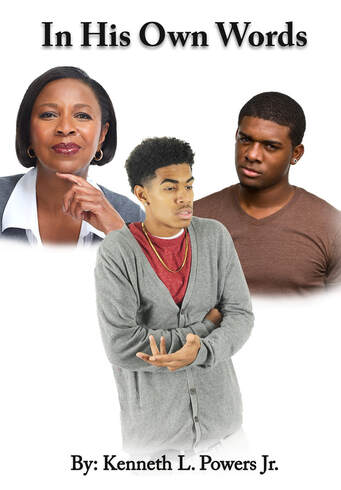 Find This Book On Amazon Find This Book On Amazon "This is a strong story about two extremely important topics; stuttering and bullying. Written from the perspective of an eight-grade student, the story shines a light on the perils of navigating the social uncertainties of that last year of middle school. The complexities of pre-teen social anxieties as well as the pressures of living up to parental expectations are at the core of this emotionally driven story. I thought the author handled the topics well, and with gentle support for any young person going through these difficult years. However, after reading the book, I felt that it would be better read by parents, as an insightful window into their young person's life, rather than a story that students should read themselves. There is a lot of time spent on negative actions of teens, and few pages to dissuade students from these behaviors. It's not until near the end of the book that the consequences really come home to roost for the teens, and to my mind, it all passes too quickly, with little conversation about the upheaval one's behavior can cause one's own future, and the family dynamic. For me, the poor choices made by the main character were too quickly forgotten, and the happily ever after ending" too easily achieved. It is, though, a wonderful opportunity for parents, counselors, and teachers to gain a perhaps long-overlooked perspective on how students often feel persecuted and unheard. And for that message, alone, I think that this is a story that should be shared.
Watch the author reading from this book during our Autumn Book Festival!
|
WelcomeYou'll find some interesting stuff here... some Op Eds, some Information, Book Reviews, and More. Poke around the categories and see what ruffles your feathers... in a good way! Archives
July 2024
Categories
All
|
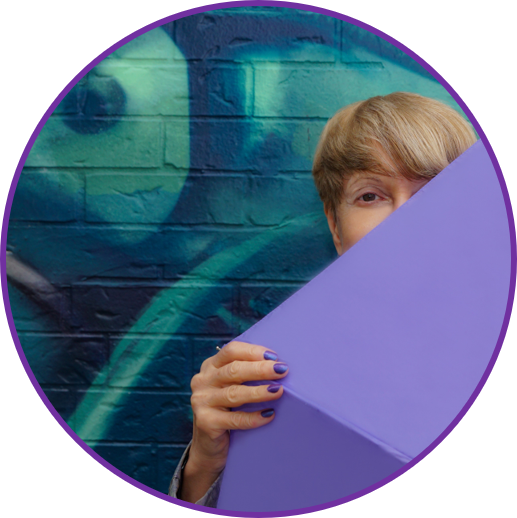
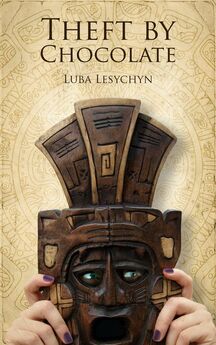
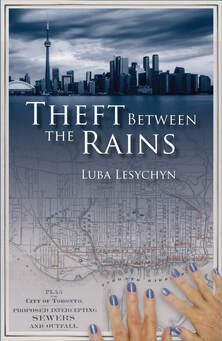
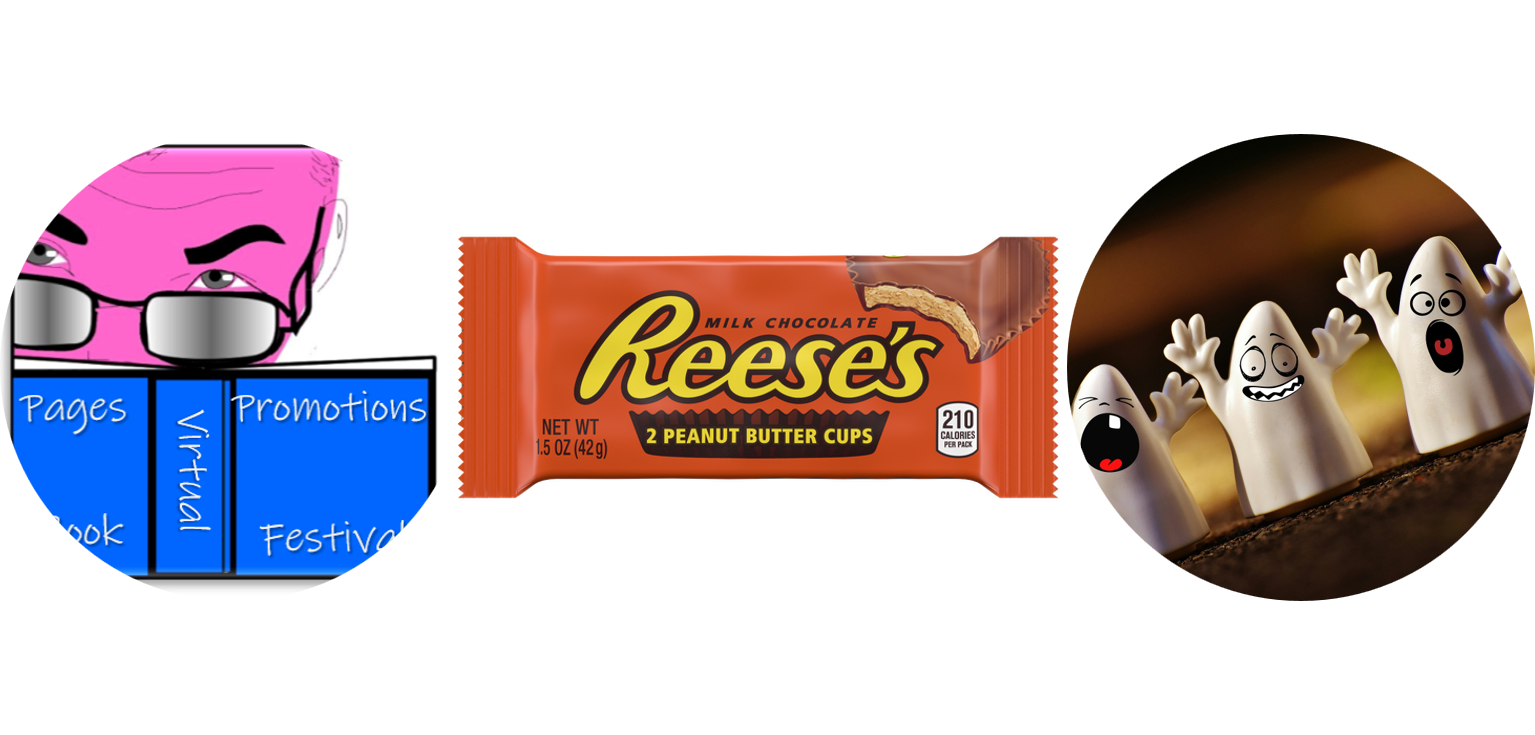
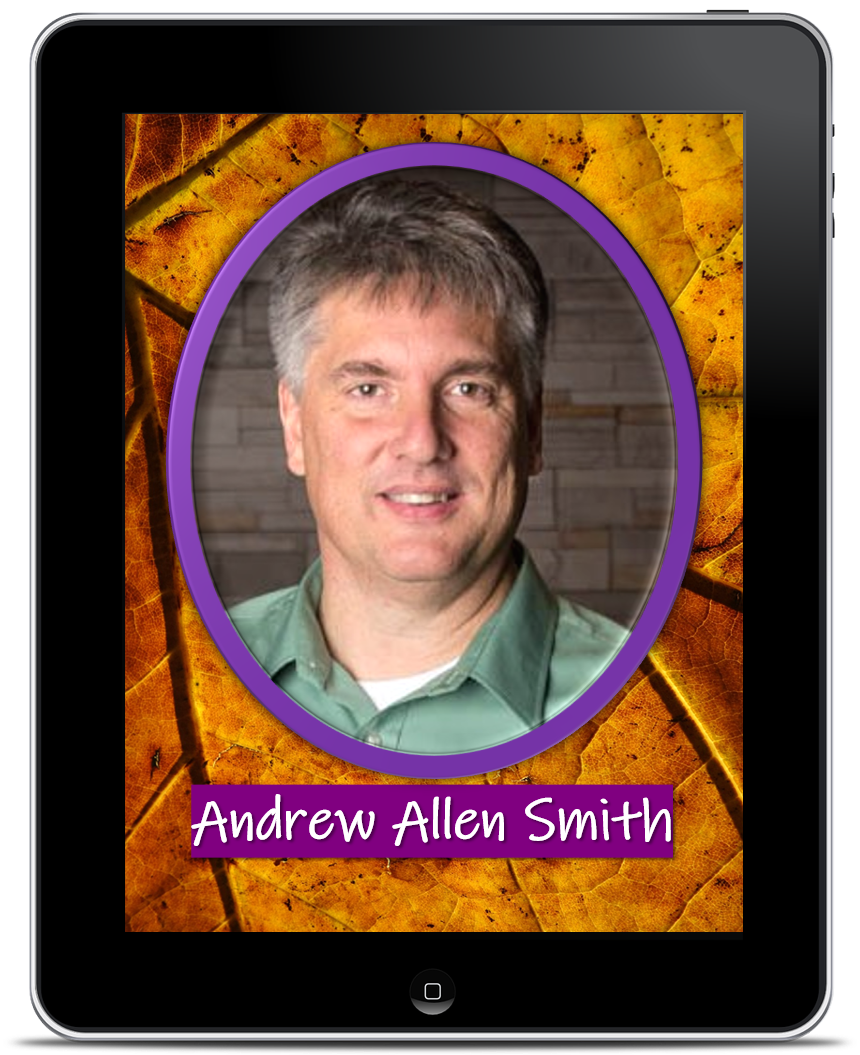
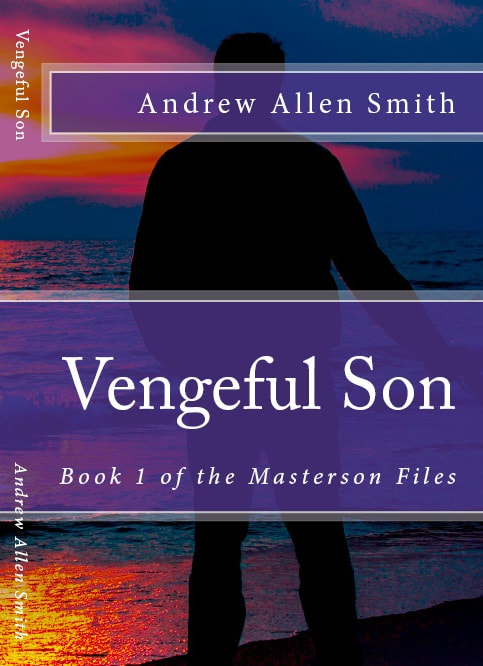
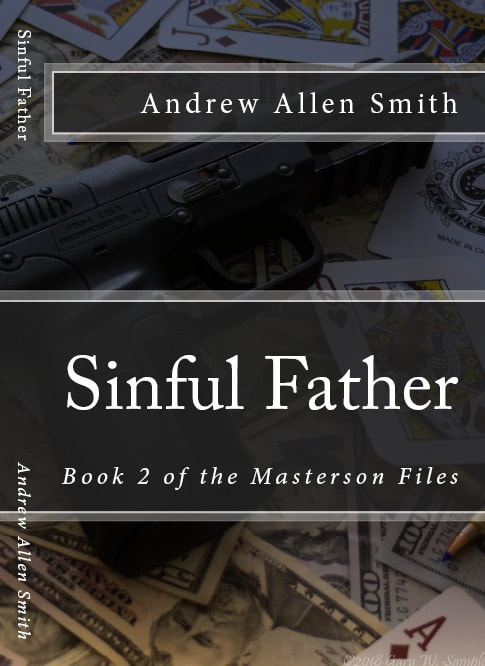
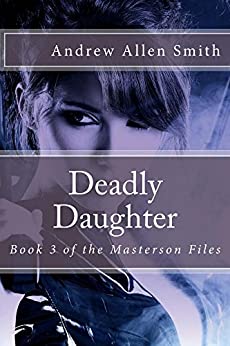
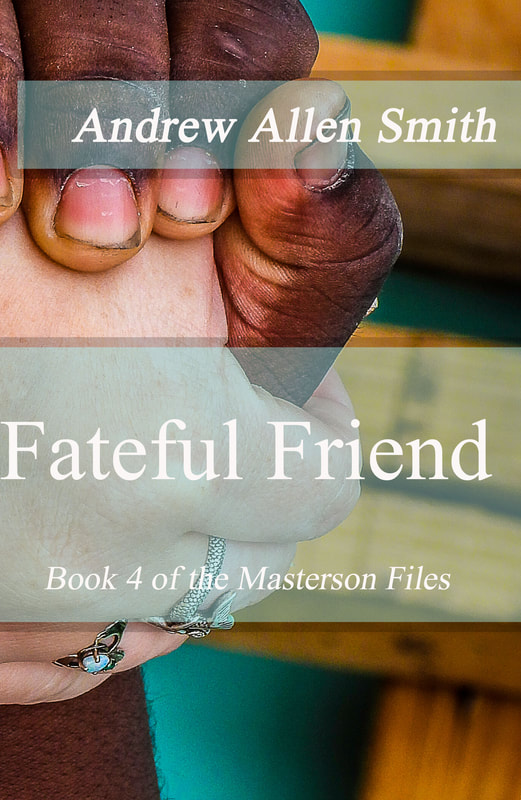
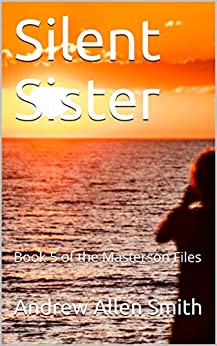
 RSS Feed
RSS Feed